Water around the world
The water crisis is one of the major issues of the 21st century. It affects billions of people around the world. As the world’s population continues to grow and natural resources become increasingly scarce, access to drinking water and adequate sanitation services is becoming more and more precarious. This lack of access is having a particularly serious impact in India and Nepal, affecting health, food, education and economic development, and exacerbating social and environmental inequalities for local populations.
Let’s take a look at the current state of the water crisis and the solutions proposed by Karuna-Shechen and the communities.

of the world’s population faces water shortages (UNICEF)

people, or 9% of the world’s population, will not have access to drinking water by 2022 (WHO)
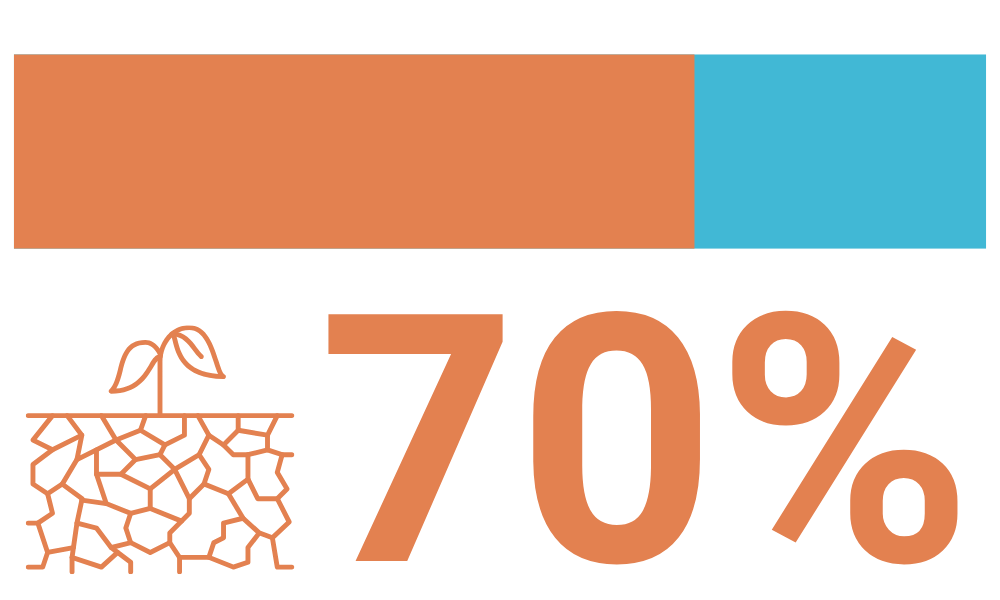
of the world’s wetlands disappeared over the last century (UN)
The impact of access to water on communities
Nutrition
Access to water is essential for food security, as it enables crops to be irrigated and livestock to be nourished . Without a reliable source of water, agricultural production declines, leading to food shortages and affecting community nutrition. Ensuring sustainable access to water is therefore essential to support crop growth and improve livelihoods.

50% of cases of child malnutrition are directly linked to the consumption of unsafe water (WHO)
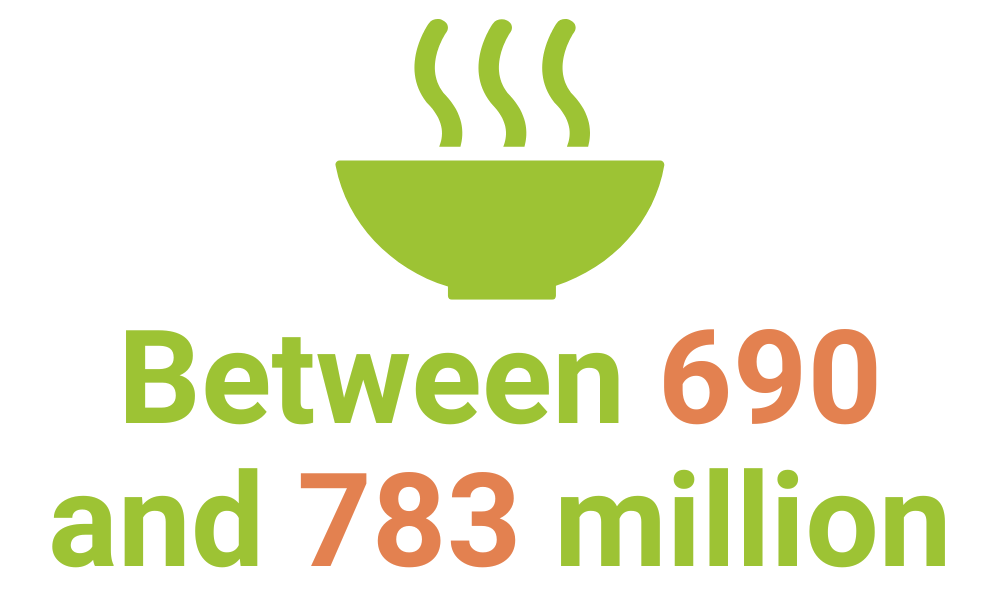
people suffered from hunger in 2022 (FAO)
Health & Hygiene
Access to clean drinking water helps prevent water-borne diseases and ensures healthy living conditions. Without a clean water source, families are exposed to bacteria and viruses that cause disease, which affects their general well-being. Ensuring a safe water supply therefore helps to improve the health of communities and reduce health risks.
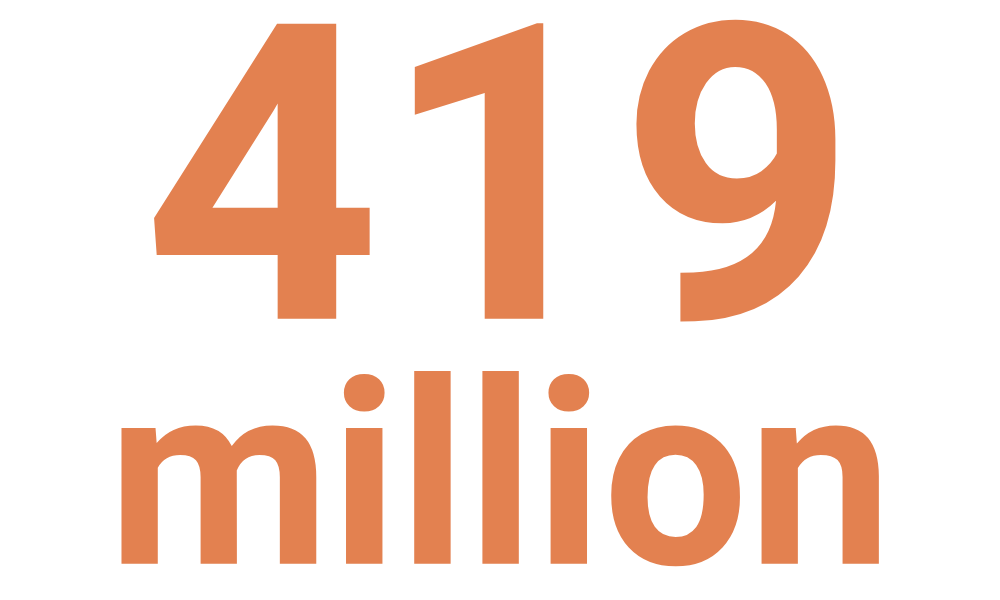
people practise open defecation (UN)

Nearly one school in three (31%) has neither drinking water nor basic sanitation facilities (UN)
Développement économique
Access to water is also vital for economic development, supporting agriculture, industry and commercial activities. A reliable water supply enables farmers to irrigate their crops, improve yields and ensure sustainable livelihoods. By facilitating access to water, communities can strengthen their local economies, create jobs and improve their quality of life.

of the working population earns its living from agriculture in India (IFAD)

of jobs depend to a greater or lesser extent on water (UN)
Water stress in India
In India, the water crisis is particularly acute in the states of Bihar and Jharkhand, where rural communities suffer from limited access to water. Rapid population growth, urbanization and climate change are exacerbating this crisis, leading to lower groundwater levels. In these regions, complex topography and unpredictable rainfall patterns leave many families without reliable sources of water for their daily and agricultural needs.
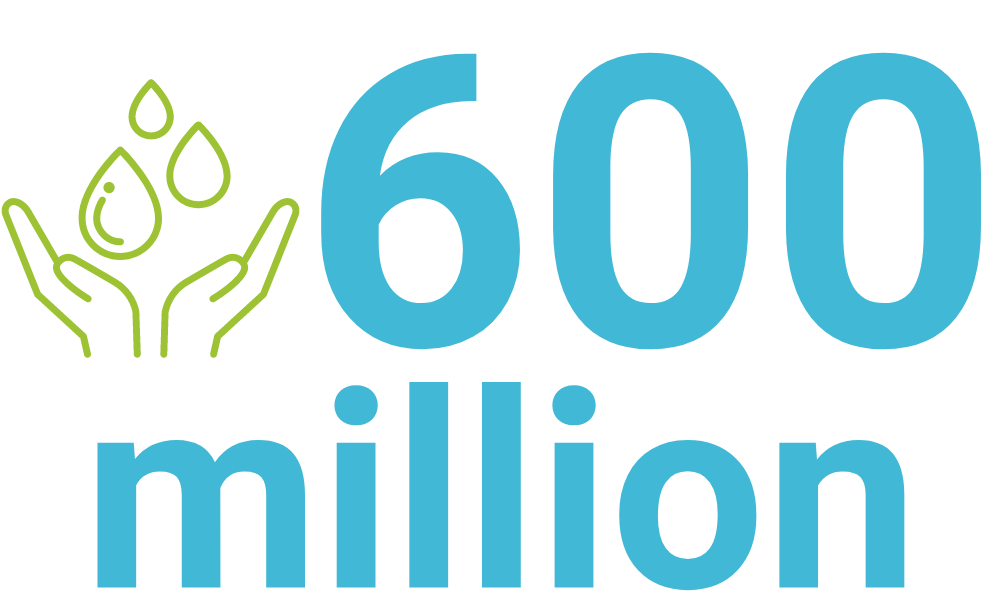
people face water shortages in India

of rainwater runs off into Jharkhand due to the rugged terrain, resulting in a significant loss of water

13 districts out of 38 in Bihar are classified as water-stressed areas (demand exceeds available quantity)
Local projects for a global impact
Community participation encourages local residents to become actively involved in the design and implementation of projects and covers between 40% and 50% of costs through their contributions of raw materials and labor . This approach strengthens their commitment and responsibility and ensures that the solutions put in place match local needs and resources, while guaranteeing greater sustainability of the initiatives.

In 2023, Karuna-Shechen improved access to water for 11,750 people in India by building ponds and wells and installing drip irrigation systems, rainwater collectors and water purifiers. These actions contribute to sustainable access to water for many rural villages, meeting both domestic and agricultural needs.

The construction of a pond gives 470 people access to water for irrigation, fish farming and household chores, while the wells benefit 100 people by providing a reliable source for their daily needs. By actively involving communities in the design and implementation of these projects, they strengthen local autonomy and ensure sustainable management of water resources.

These various projects meet the Sustainable Development Goals by guaranteeing reliable access to water, thereby helping to combat poverty by improving livelihoods. Access to water for irrigation boosts food production, while the availability of clean water reduces disease and promotes well-being. Finally, these initiatives ensure efficient management of water resources, thereby meeting the need for clean water and adequate sanitation.
